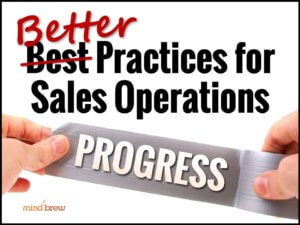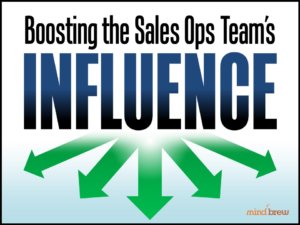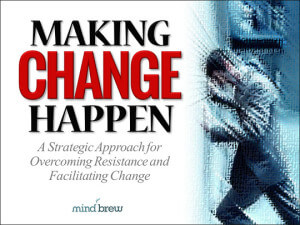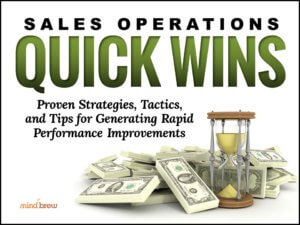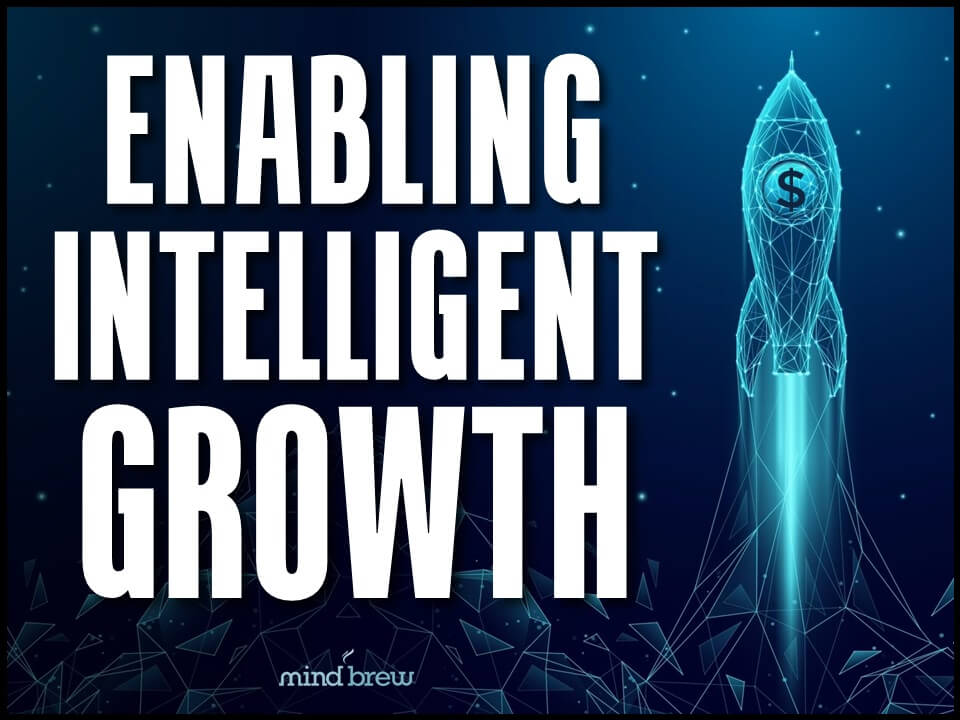These days whenever I’m going anywhere in the evenings or on the weekends, I’m using the services of a chauffeur. No, I’m not filthy rich. I have a 15-year-old who wants to get his driver’s license in the spring, so he’s trying to get as much practice as possible.
And when he drives, this particular teenager asks a lot of questions.
Some of those questions — like “Once the low fuel light comes on, how far can I go before I run out of gas?” — I know the exact answers to. Others — like “What’s the law about how far back I need to stop behind a school bus?” — I tell him to Google.
And then there are all his questions about the “unwritten” rules of driving. Many relate to the speed limit:
- “If the speed limit is 35, will I get a ticket if I go 40?”
- “What if I go 41?”
- “What if I’m on the highway? Am I OK as long as long as someone is going faster than me?”
As a responsible parent, I tell him to obey the speed limit, of course. And then his 17-year-old brother chimes in telling him exactly the opposite — based on the vast experience he’s gained from less than one year of driving.
But even as someone who has been driving for several decades now, I still play a similar mental game in my head. I almost never drive the speed limit. Instead, I’m trying to guess the threshold where I might actually get a ticket.
Unfortunately, the same psychological tendencies that make us want to skirt the limits of the speed limit laws also come into play with B2B sales. Within sales ops, we frequently find ourselves setting up “rules” for the sales team. For example,
- This is the quota that the sales team needs to meet this quarter.
- These are the accounts you should focus on.
- This is the price you should be charging for that product.
- This is how long it should take to close that deal.
While we would love for everyone to obey the letter of the law when it comes to sales targets and quotas, we need to be aware of the reality that some people are going to see our rules as guidelines. Some might even consider “What can I get away with” when deciding how hard they’re going to work.
You can try to fight that tendency — in which case, you’ll likely spend a lot of your time feeling frustrated. Or you can embrace it and find a way to work with it.
For example, if I want my teenagers to be home by midnight, I don’t tell them their curfew is midnight because I know they’ll show up at 12:05 or 12:15 or 12:30, and then I will worry and get angry. Instead, I tell them their curfew is 11:30. I pretend to be a little upset when they show up a little late, but really, what I got was better than what I wanted.
In the B2B realm, we once encountered a company where the cost-plus mindset was so deeply ingrained that it was going to be impossible to counter it. So we didn’t try. We turned the cost-plus mindset into an advantage by artificially changing the costs displayed by the computer software so that the actual prices salespeople charged would be in line with what we wanted.
Let me be clear — this is not the ideal solution to this problem! But sometimes, you just have to be pragmatic. And it’s always easier to work with human psychology than to fight against it.
In addition to the case study linked above, we have several other resources that offer ways to take real-world business and human dynamics into account when setting up your systems and processes. Check out Getting Your Salespeople to Price Better, Moving the “Meaty Middle”, and Developing Effective Sales Dashboards for just a few examples.
And if you have any suggestions for easy ways to teach teenagers to parallel park, I’m all ears.

